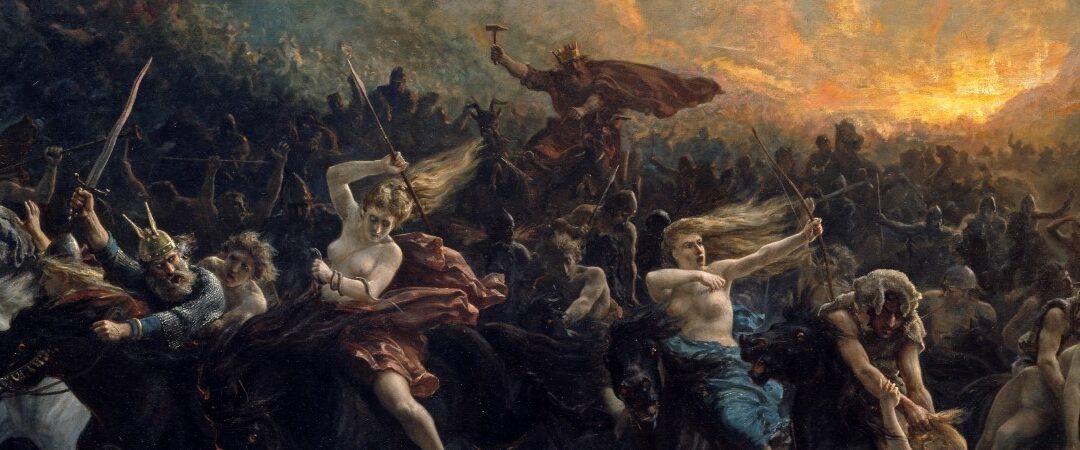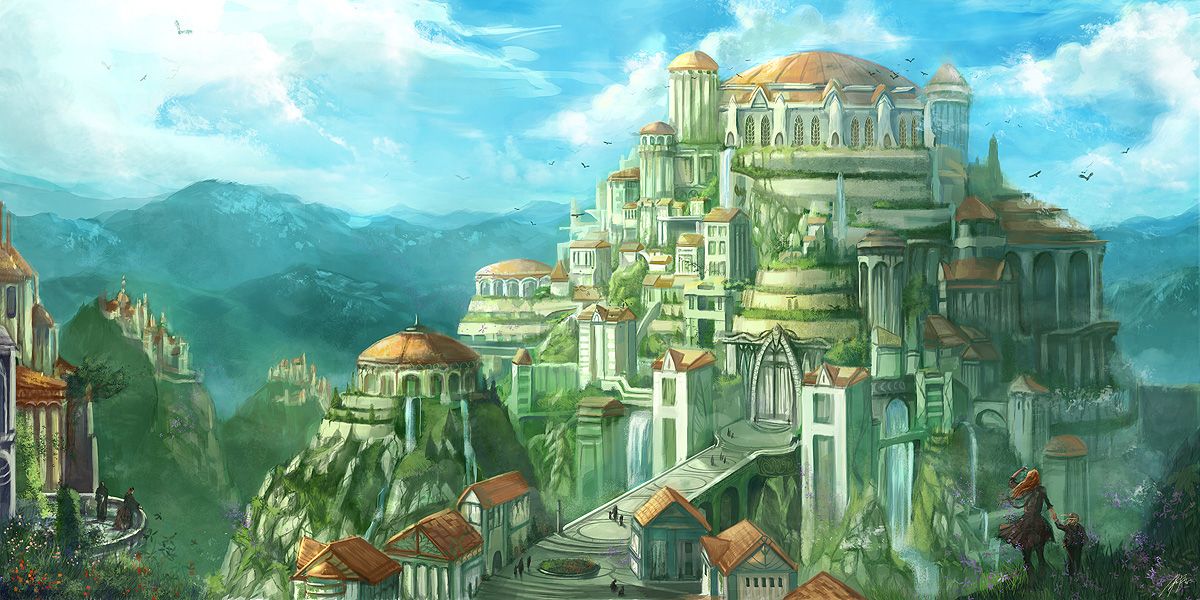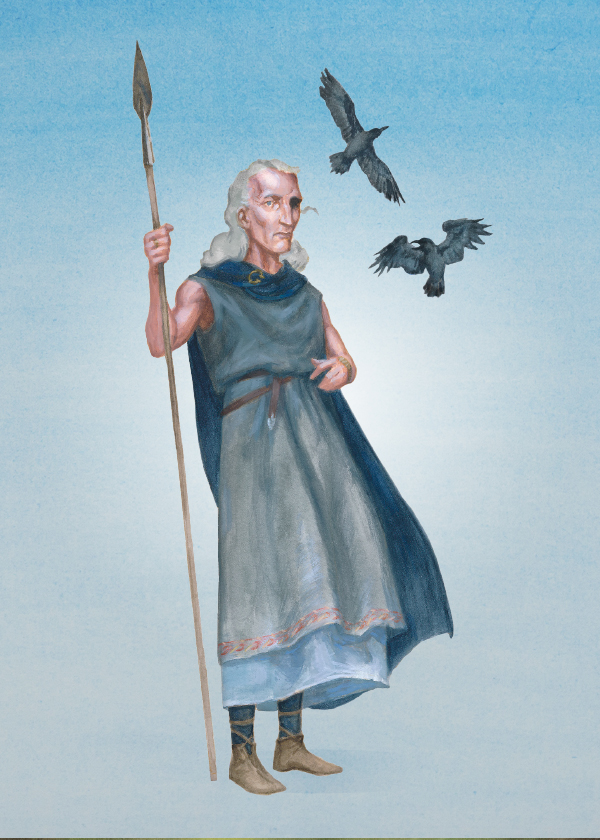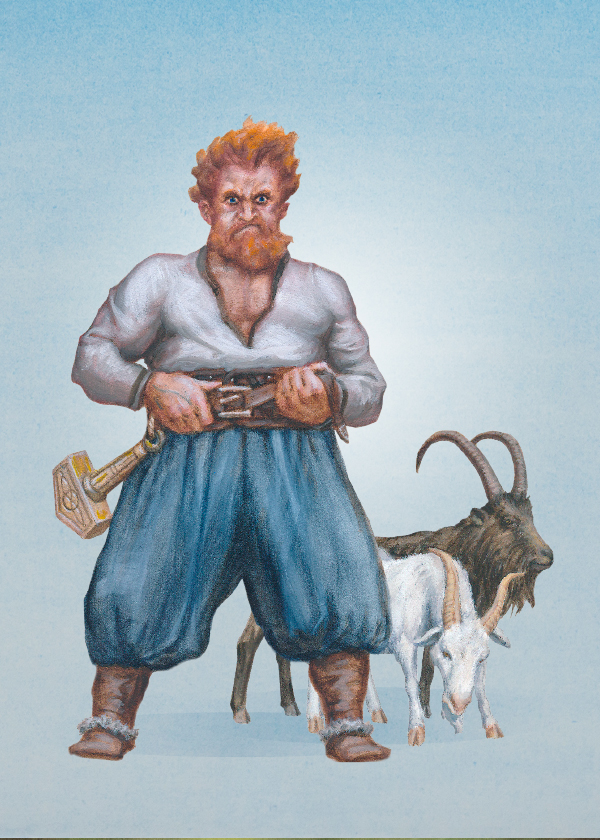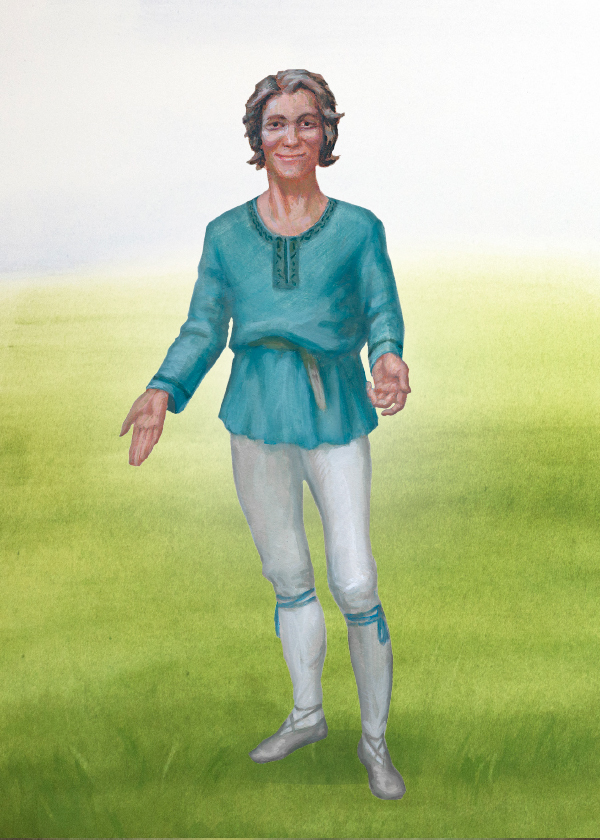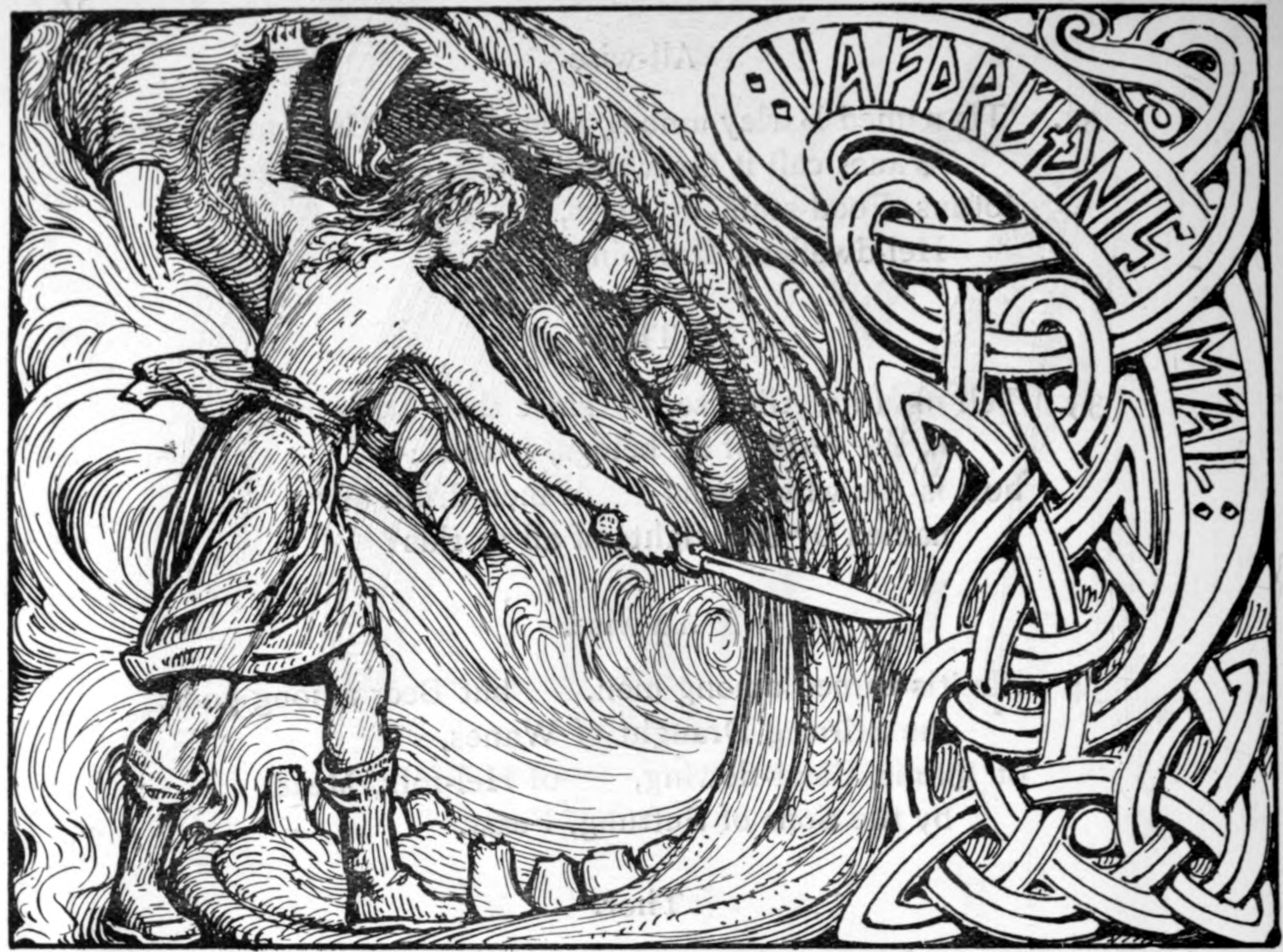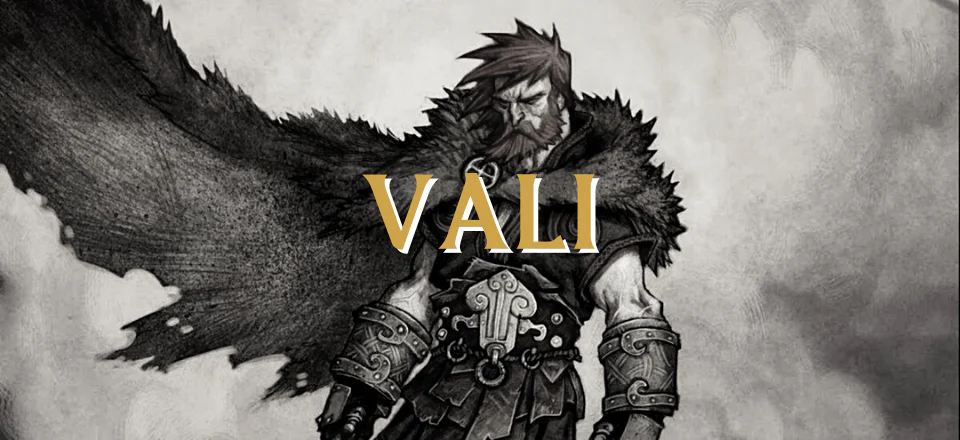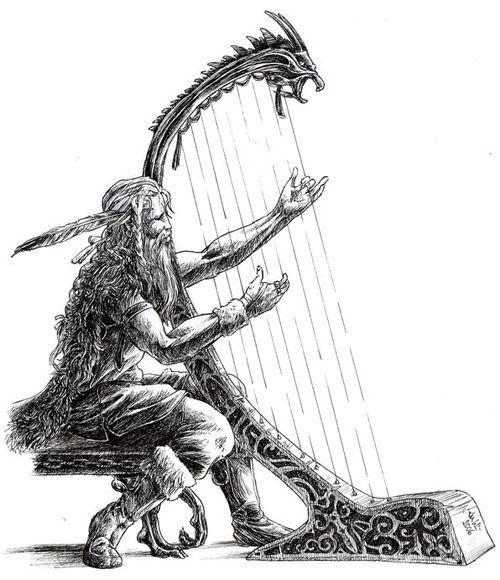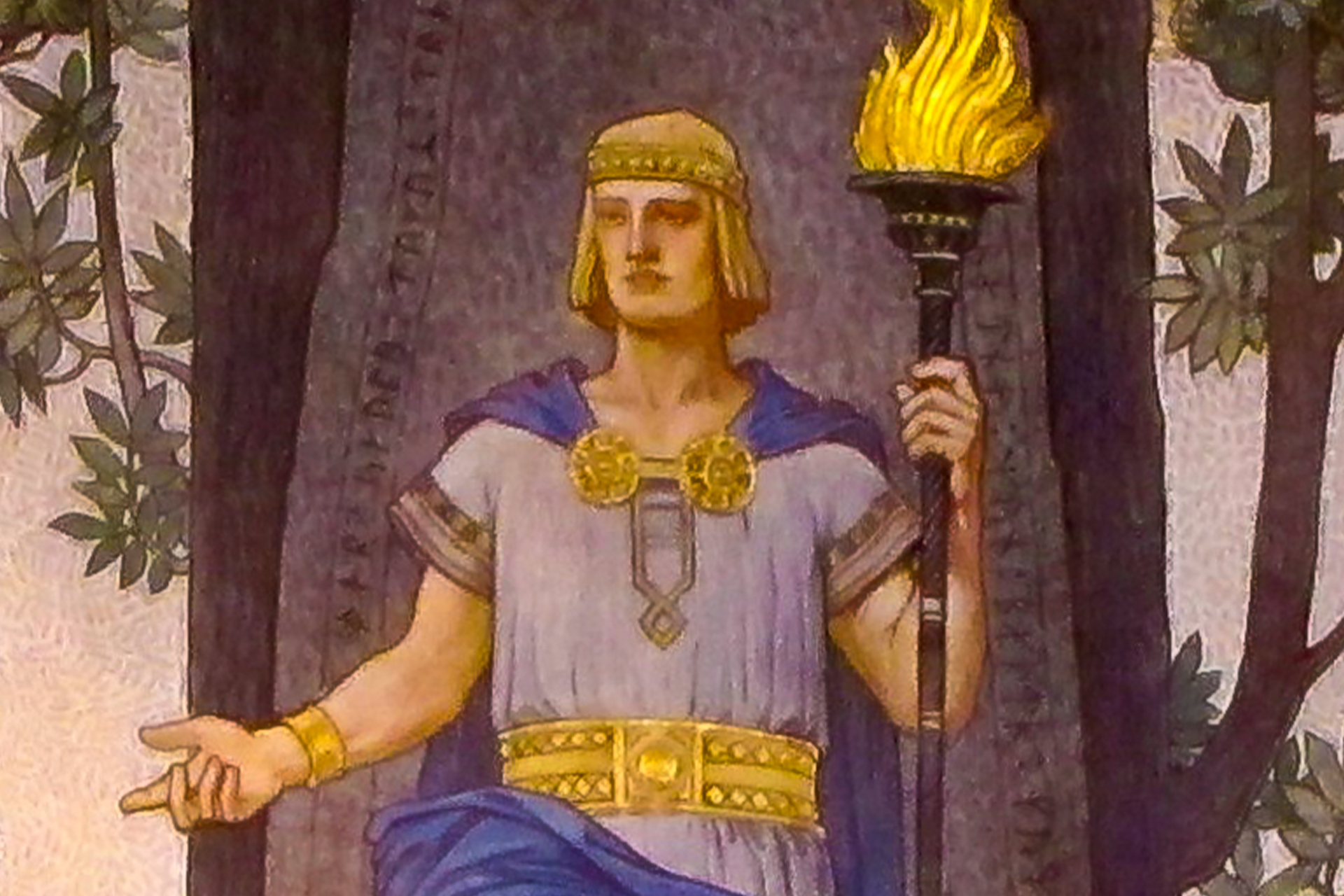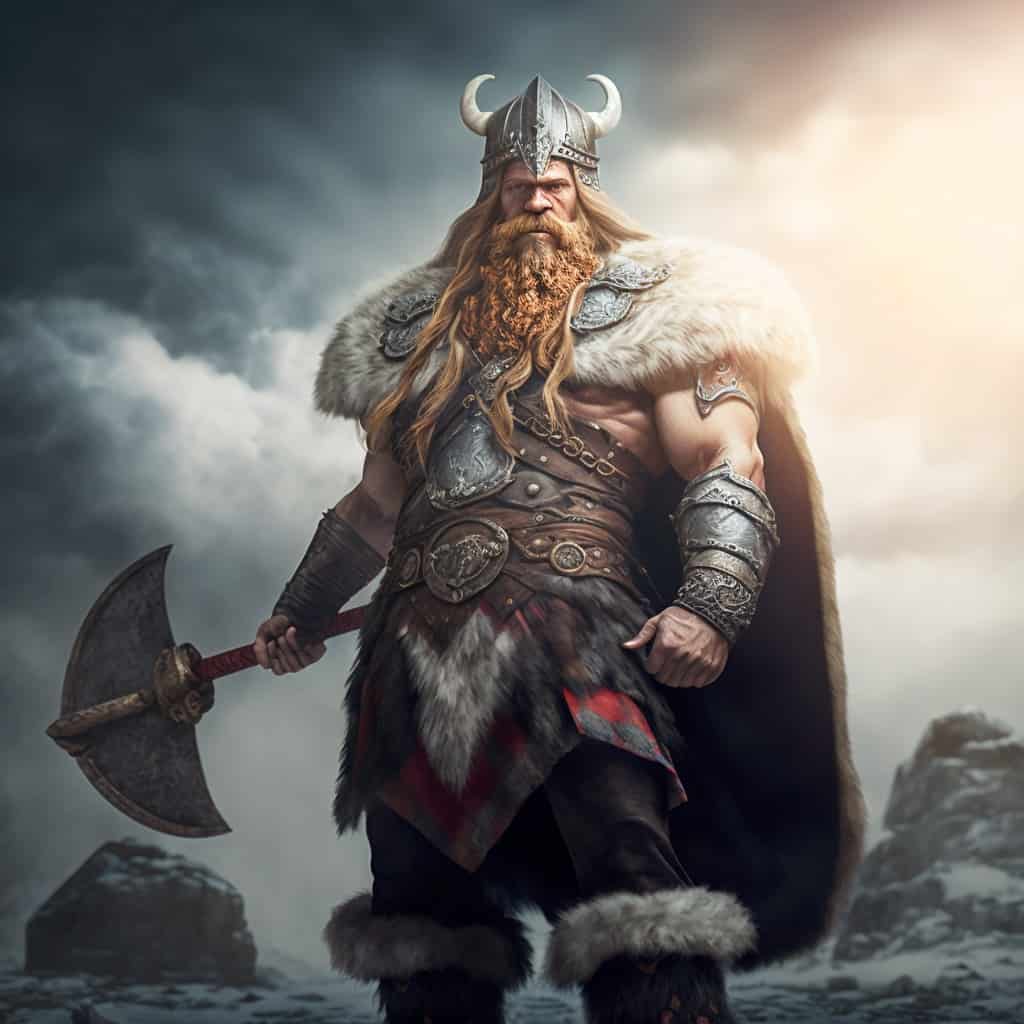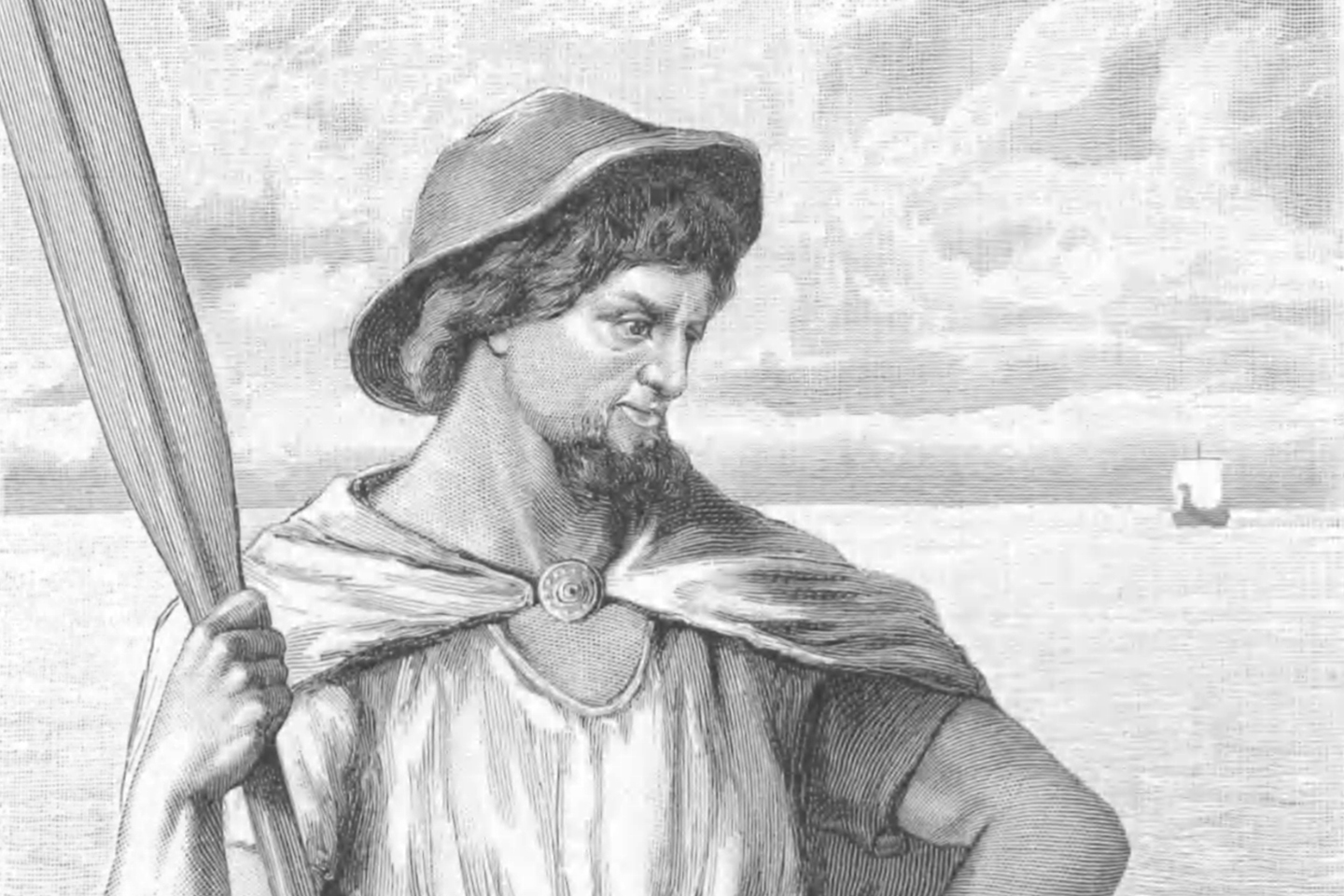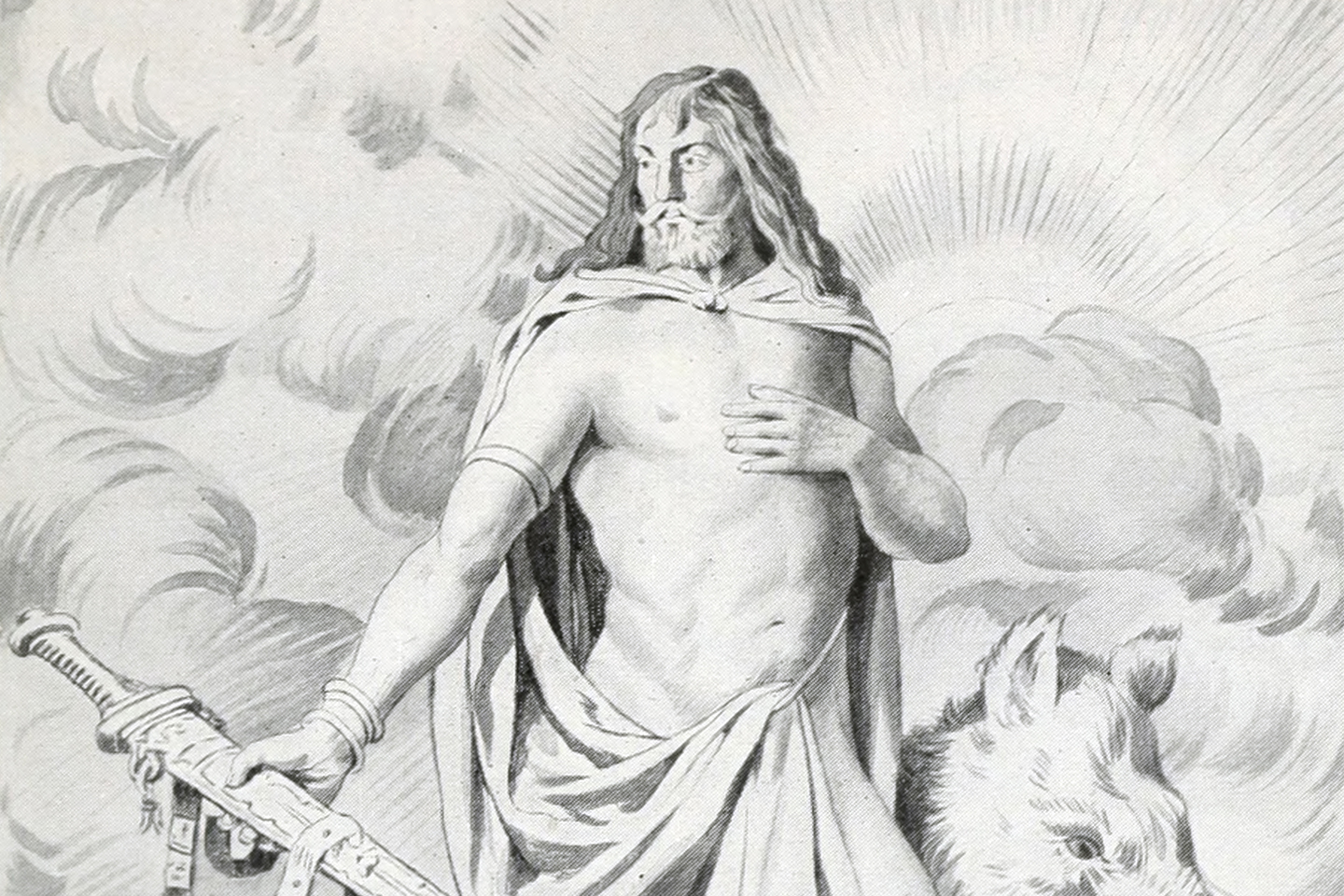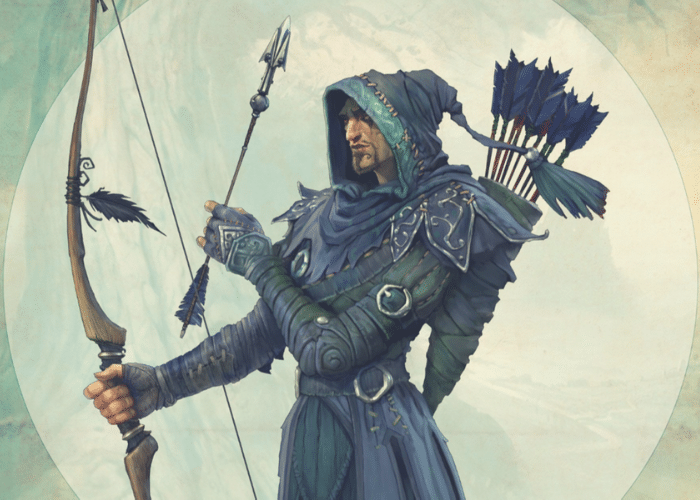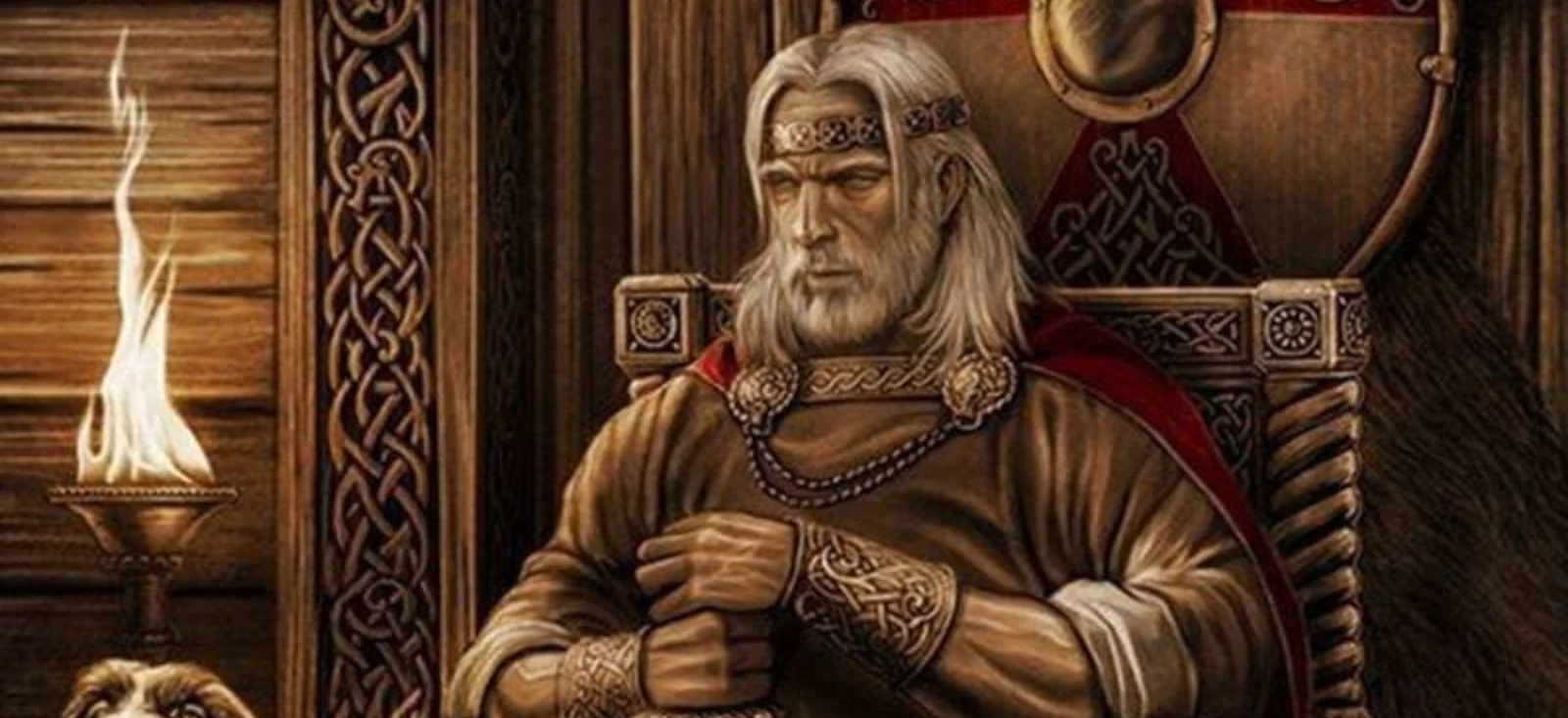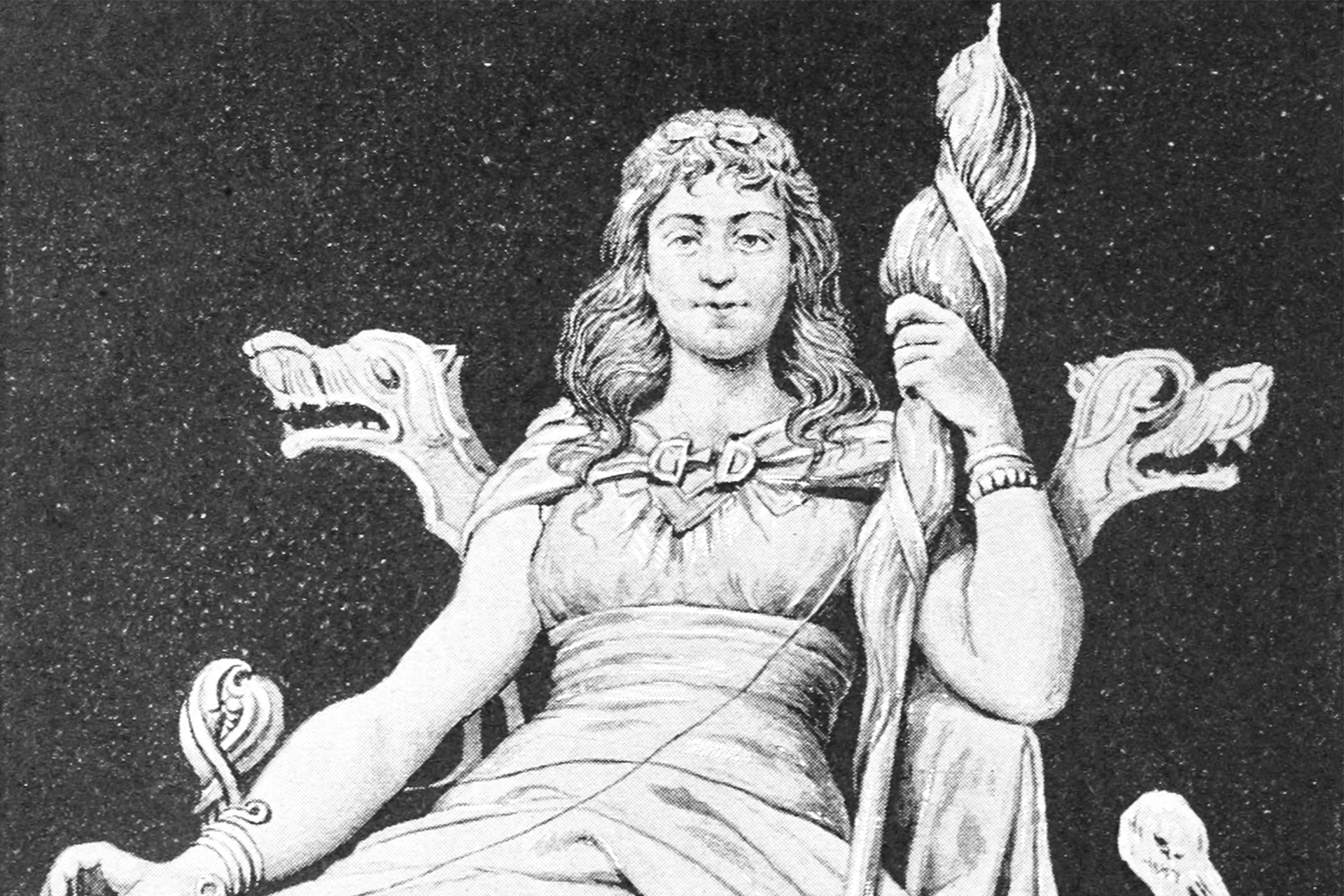Nordic Discovery
The 12 most important gods in Norse Mythology
The richness of Norse mythology and Western folklore continues to fascinate people of all ages around the world. Immersed in fairy tales, we let our imaginations run wild as we learn about old worlds, considering new and more interesting interpretations. In this article, we will learn about the 12 most important gods in Norse mythology!
Overview of Norse mythology
At the beginning of the world there were only lush primeval forests and endless stretches of wasteland. The Aesirs, a major group of Norse gods, reclaimed this rich land as a home for both themselves and humans. They named the human home Midgard – because it was placed in the middle of the world. The intermediate world is Midgard – so that people do not feel lonely and abandoned. Meanwhile, the gods built a place for themselves called Asgard.
Asgard is a huge castle surrounded by thick walls. To get there, you must cross the Bifrost rainbow bridge. Fortified defenses were built around Midgard to protect against the wild and unknown world where dark and sinister forces were running rampant. There – in Utgard and Jotunheim – giants and trolls live. Everything is arranged like tree rings. And furthest away, in all directions, is the vast world ocean where the Midgard Serpent lives.
There are twelve main gods in Norse mythology: Odin, Thor, Balder, Vidar, Vale, Brage, Heimdall, Ty, Njord, Froy, Ull and Forsete, – where Njord and Froy are not Aesir, but Vanir live in Asgard. Sometimes, Age and Loki are also considered Aesirs.
The goddesses in Norse mythology are called Asynja. The goddess is Frigg.
Odin is the Allfather of the Norse gods and ruler of Asgard. (Illustration: Victor Villalobos)
Odin is king of the Aesir, but Thor is perhaps the most worshiped. There are many interesting stories about Thor, while Odin is mainly portrayed as a wanderer in search of wisdom and knowledge.
The 12 most important gods in Norse mythology
1. Odin – Supreme God of Asgard
The Allfather of Norse mythology and greatest of the Norse gods is Odin, Father of the Aesir. Odin (Old Norse: Óðinn) is the strongest and wisest god.
He is the awe-inspiring ruler of Asgard, the most revered immortal, who is on a constant quest for knowledge along with his two ravens, two wolves and Valkyries.
Besides, Odin is known as the god of war, but he is also the god of poetry and magic. He was famous for sacrificing one of his eyes so he could see the universe more clearly and his thirst for wisdom led him to hang on the World Tree, Yggdrasil, for nine days and nine nights until when he was blessed with knowledge of the runic alphabet. His resilient nature provided the opportunity to unlock countless mysteries of the universe.
2. Thor – God of thunder
Thor (Old Norse: Þórr, Thórr) is the youngest son of Odin and Fjorgyn, he is the second most powerful god with the ability to be the god of thunder, the master of the weather and the strongest warrior.
This god represents Thursday of the week. He is described as one of the most powerful gods in Asgard. However, Thor has the disadvantage of being hot-tempered and lacking wisdom, so he is often fooled by the Jotuns.
Thor lives in the largest house in Asgard. His weapon is the magic hammer Mjolnir – the most destructive weapon in the universe. It can tear apart a mountain, release lightning, attack enemies from afar and automatically fly back to Thor’s hand.
3. Balder – God of Light and Blessings
Balder (Old Norse: Balder, Baldr, Baldur) is associated with light, beauty, love and happiness.
When Balder had a terrible dream that his life was in danger, Frigg made every creature and object in the world swear that they would not harm Balder. However, she overlooked one plant, the mistletoe, because she thought it was small and insignificant. This turned out to be a big mistake. As the gods were happily shooting arrows at the “invincible” Balder, things took a turn for the worse.
Loki – The god of deception, knowing this, made a spear out of mistletoe and a donkey so that Balder’s blind brother Hohr could use it to throw at him.
Balder died by a spear made of mistletoe in the mourning of the gods. However, after the event of Ragnarok, Balder escaped from Hell and will replace Odin, governing Asgard.
4. Vidar -God of silence
Vidar (Old Norse: Víðarr) is the son of Odin and half-brother of Thor. He is an extremely powerful god who is prophesied to survive Ragnarok. He is also a fierce warrior who will defeat the giant wolf Fenrir, avenging his father’s death.
In one version, Ragnarok is the end of everything. But some stories say it is a time of rebirth. Most of the gods, giants, and other creatures will die, but some young gods and two humans will survive and rebuild a new world.
Vidar, the silent god, is famous for being one of the few gods to survive Ragnarok. He is also known for his strength and is a god of vengeance. This makes it all the more remarkable when he avenges Odin’s death by violently killing Loki’s son, Fenrir, the giant wolf.
5.Vale – God of revenge
Vale (Old Norse: Váli). Váli is one of the lesser known deities, but he played an important role in the events of Baldr’s death – one of the most famous events in Norse mythology. He is one of the Norse gods of vengeance, and he is attested in the Poetic Edda, Prose Edda, and Gesta Danorum.
6.Brage – God of poetry
Brage was wise and eloquent, and was the god of poetry and skaldic prose.
Bragi was originally the ninth-century historical poet Bragi Boddason. His poems have such outstanding and touching artistic value that future generations must learn a lot. After his death, Odin appointed him court poet of Valhalla.
The ancient Norse writers of medieval Christianity went one step further and portrayed Bragi as nothing more than a god of poetry. One such author even claims that one of the Old Norse words for “poetry,” bragr , comes from the name of Bragi. [4] He was believed to be the husband of the goddess Idun, whose fruit ensured the continued immortality of the gods.
7.Heimdall – GatekeeperBifost
Heimdall is the guardian of the Bifrost, the rainbow bridge between Asgard and Midgard, the main road to the heavenly realm.
His nickname is Golden Teeth. People say Heimdall sleeps less than a bird. He has extremely good eyesight and hearing. Heimdall could see clearly in the dark hundreds of kilometers away, clearly see each blade of grass and clearly hear the sound of each strand of wool growing on the sheep’s body.
Heimdall had a horse named Gulltopp made of gold, a sword named Hofund and a horn called Gjallahorn. The sound from this horn can echo throughout the nine worlds. Whenever an enemy appears, Heimdall will blow the horn to warn the Aesir.
8. Tyr – God of war
Ty, or Tyr, is the god of war – the one who decides who wins in battles.
He is the bravest god, representing Battle and the Sky. He lost a hand while fighting the wolf Fenrir. Fenrir is a wolf so terrifying that no god dares to come close to chain it, except Tyr – the bravest god.
Before going into battle, warriors often engraved the name of the god Tyr in ancient Runes on their shields to feel stronger and braver. God Tyr represents Tuesday of the week.
9. Njord – God of the sea
Njord (Old Norse: Njǫrðr) was the god of the sea and seafarers.
Njord comes from Vanaheim and is part of the Vanir clan. Njord is considered the Patriarch of the Vanir and leads them in their war against the Aesir. Eventually, Njord was captured by the Aesir and held hostage by this elite tribe of gods. Njord and his children joined the Aesir, where he was eventually considered a son of the tribe. Njord’s friendship with the Aesir created peace between the previously warring tribes. While living in the Aesir, Njord moved to his home in heaven, Noatun (place of the boat), where he could control the wind and sea.
The Norse sea god Njord has the ability to calm the sea for sailing and create a bountiful harvest for fishermen. As the god of water, Njord could also assist sailors in distress. Njord was also the god of the wind, meaning he could assist sailors in navigation and create a safe path for them to travel. In controlling the wind, waves and water, Njord is a symbol of a harmonious and safe journey on the water and a bountiful catch of fish. The Norse believed that Njord was very wealthy and would therefore give gifts or wealth to those he deemed worthy. Njord’s symbol is a ship.
10. Froy – God of love
Froy (Old Norse: Freyr) was the god of fertility. Frey is associated with strength and prosperity, with sunshine and fair weather, and is often depicted with a large penis.
11. Ull – God of hunting
Ull (Old Norse: Ullr) was the son of Sif, wife of Thor. “Ull” means “honorable one”/ He was the best among archers and skiers.
12. Forseti – God of justice
Forseti is the son of the god Balder. He represents justice and reconciliation. His house was called Glitnir – the building with the silver roof and golden pillars, the Hall of Justice.
Unlike the god Tyr, who represents justice at the cost of war, the god Forseti represents justice based on law and fairness, reconciliation and mutual respect. He has the ability to make sound judgments and can satisfy both parties.
13.Frigg – Mother Earth
Frigg (Old Norse: Frigga) was Odin’s wife, extremely beautiful, head of the goddesses and queen of Asgard. She is the goddess of love and fate, described as having prophetic powers, but she does not reveal what she knows.
Frigg lives in the house Fensalir, which means “Famp Hall”. People consider her to be the goddess representing the 6th day of the week.

